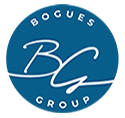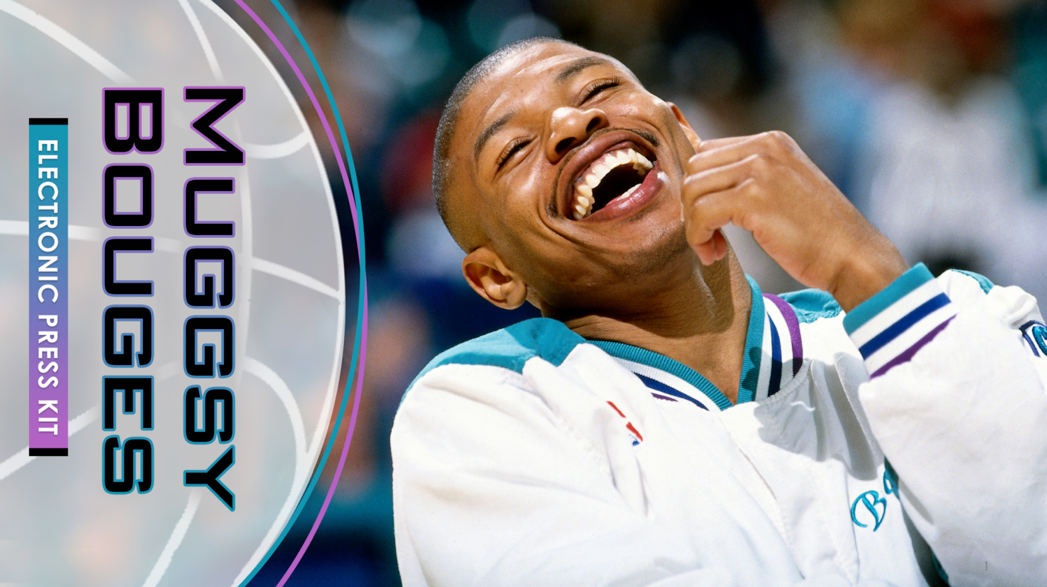Devon Townsend
Jacqui Wahl, Director of PR + Events at Bogues Consulting Group, brings an expansive background and broad skillset to the firm and its clients. Jacqui comes to Bogues Consulting Group from the Charlotte Hornets where she handled events, sales and managed nonprofit activations. Before her time at the Hornets, Jacqui also worked in New York City doing Public Relations in the fashion industry. Wahl has learned many tricks of the trade and in an interview with Jacqui we talk everything PR. Jacqui believes in the growth of other business leaders and gave a few tips on some of the do’s and don’ts of PR but also reflect on what got her to where she is.
You’ve been in public relations for quite sometime and have had many successes, but I’m sure it wasn’t always easy. What were some of the biggest mistakes you have made that you vowed to never do again?
Hmm, this is a tough one. I’ve certainly made my share of mistakes but a major one I would say is that earlier on in my career, I didn’t understand the value of follow-up. I didn’t realize that the majority of PR work is done AFTER you craft the perfect pitch. 95% of the time, you don’t hear back from the first press outreach, it’s when you are persistent, continue to follow up and build on the story that media outlets are more receptive. That’s something I learned from our fearless leader, Brittney Bogues.
What would you say to someone who has just started in Public Relations?
Find your niche. Public Relations is such a VAST industry. For example, I worked in fashion public relations while interning in college and for my first few jobs and that type of PR is very different from the type of PR I’m doing now. When I was younger, I thought all PR experience was relevant to all PR jobs and that’s not exactly the case. The day to day for someone like me handling PR at a boutique company for athletes, nonprofits and entrepreneurs is much different than someone who works for a fashion house in New York or for a Fortune 500 company. I have worked in many industries which has ultimately helped me but I think it would be extremely beneficial for someone to realize the niche of PR they would like to work in early on and focus on learning all about that specific area.
How do you know if your PR strategy was successful or not? What is effective PR?
For starters – PLACEMENTS! If your client or brand is showing up in media outlets or being talked about on social media because of those outlets, you know your strategy has made an impact. There are also more detailed ways to measure success with impressions, quality clicks and website traffic from your efforts, but PR is about visibility so to put it simply, if people are noticing your brand and discussing the topics your strategy was built around, your strategy was effective.
Why is planning so important in the public relations process?
PR is (almost) always thinking months ahead, aside from crisis control situations, so planning is extremely important. 9 times out of 10, any press you see has been curated months before it hit the outlet. It takes time to build a brand, find the perfect outlets for the brand’s targeted visibility, craft a pitch and then reach out and follow up constantly with outlets to create a great placement. That’s something about PR I think many people outside of the industry might not realize.
Is it important it to build relationships with journalists? If so, are the relationships long-term or short-term?
Yes!! So much of public relations has to do with good, positive media coverage and relationships with journalists make this part of the job possible. Building relationships is beneficial for both the publicist and journalist as it saves time on having to blindly pitch hundreds of media contacts and saves the journalists time from having to read them. I have great relationships with media contacts here in Charlotte and they know when they get a pitch email from me, it’s going to be a quality lead that fits their outlet. These types of relationships happen organically overtime from working together. The organically built relationships are long-lasting and a publicist can take them wherever they go and same for the journalist. The relationships that are short terms are typically the ones that are forced by the publicist, and I don’t recommend those.
As you can see, Public Relations comes with a few tips and tricks that can help you grow in to a top tier professional. Jacqui conveys an eloquent example of how PR has worked for her and how creating and planning a platform from the skills a person has built could ultimately pay off in the long run. Special thanks to Jacqui Wahl for partaking in an experience that allows someone else to grow from her knowledge.

